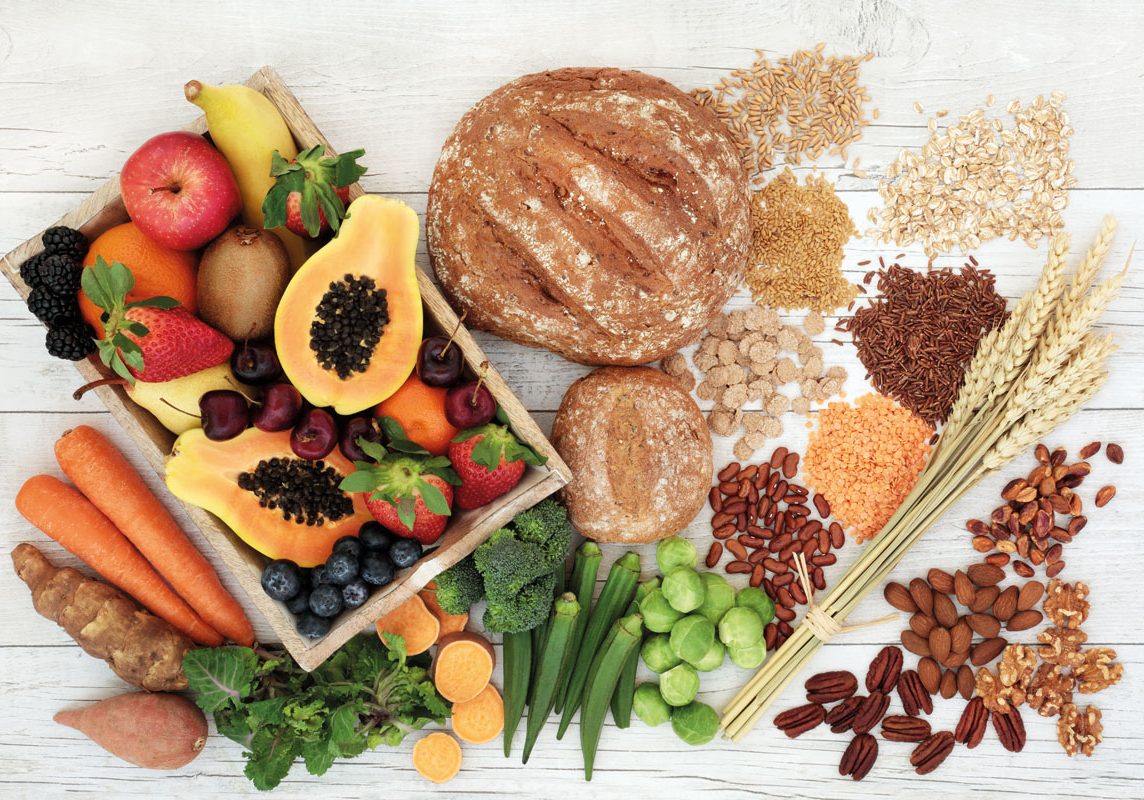
Back to Basics
Simple tips to keep your food bills down and your body healthy
It can be hard to keep on top of all the health fads and super foods nowadays, not to mention mega expensive too. It’s not just avocado on toast either: it’s previously-unknown miracle powders, potions, seeds and grains, drawn from the dusty African plains to the remote Amazon rainforests.
But eating well and staying healthy doesn’t have to be expensive, nor do you have to buy into the latest fad foods.
Studies have shown that two key barriers to healthy eating are busy lifestyles and the perceived cost of healthy foods. To help tackle these issues, the British Nutrition Foundation (BNF) is recommending that the nation adopts a more sustainable approach to healthy eating.
Despite frequent media attention around the importance of clean eating, healthy food doesn’t have to mean expensive ingredients and cooking absolutely everything from scratch. The term ‘processed foods’ covers a wide range of different foods with varying nutritional qualities. While some are not healthy choices, others, like canned pulses or frozen vegetables, can be part of a healthy diet, and can help you to cook balanced meals, even when you’re in a hurry.
Sara Stanner, science director at the BNF, has a few top tips to help people save time, save money, and eat well. In essence, this means getting back to basics. “In reality, following a complicated diet plan can often just be too time-consuming, and too expensive to keep up,” she says. To make healthy eating pledges last, she says, “take a step back to consider the basics of healthy eating.”
Here are five easy ways you can eat well, save time and stay healthy all on a budget:

Canned foods
Canned foods can be a great solution when you need to throw together a quick, healthy meal. Canned pulses, such as chickpeas, beans and lentils, are an excellent addition to a pasta sauce or curry, and provide fibre and nutrients like folate and iron. Canned, chopped tomatoes are the perfect base for quick curries, stews or pasta sauces, and you can add herbs or spices for extra flavour.
Choose economy
Cost can be a large barrier when it comes to improving your diet, but with some savvy shopping, healthy eating doesn’t need to break the bank. Economy ranges are usually great value, and nutritionally there is often little difference between them and the standard or branded versions. This can relate to things like dried pasta, rice, passata, low fat natural yogurts, and a variety of canned foods including: tomatoes, pulses, fruit, vegetables or potatoes. Just be mindful to read the label and look out for added sugar or salt.
Go frozen for freshness
Frozen fruit and vegetables tend to be cheaper than fresh, and may even be more nutritious as the freezing process can preserve nutrients. Frozen veg is often pre-cut, making it quick and easy to cook, and you don’t need to worry about it going off. Steam on the hob or in the microwave, or add straight into sauces for a simple and effective way to reach your five a day. If you are faced with hungry children that need a quick dinner then frozen vegetables are a great addition.
Bulk up on wholegrains
Going wholegrain is a good way to boost your fibre intake: on average, we’re all eating much less than recommended. Most of us eat white pasta or rice so try swapping for wholegrain versions with your spaghetti bolognese or curry and you could cook extra so you have some for another day.
Plan for the week ahead
For many of us, finding time to cook healthy, balanced meals during the week can be difficult, particularly for parents juggling work, school, and other clubs and activities. Try to make sure you are stocked up with all of the store cupboard staples to put together quick, healthy meals. If you have more time to cook at the weekends and enough storage space you could cook in bulk and keep portions in the fridge or freezer ready for another time. Being prepared and planning your meals can also help you save money and cut down on waste.
The British Nutrition Foundation has a wealth of healthy eatings tips and advice available for all on its website: nutrition.org.uk


